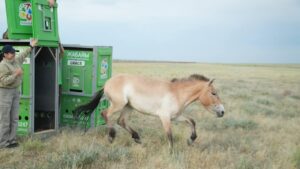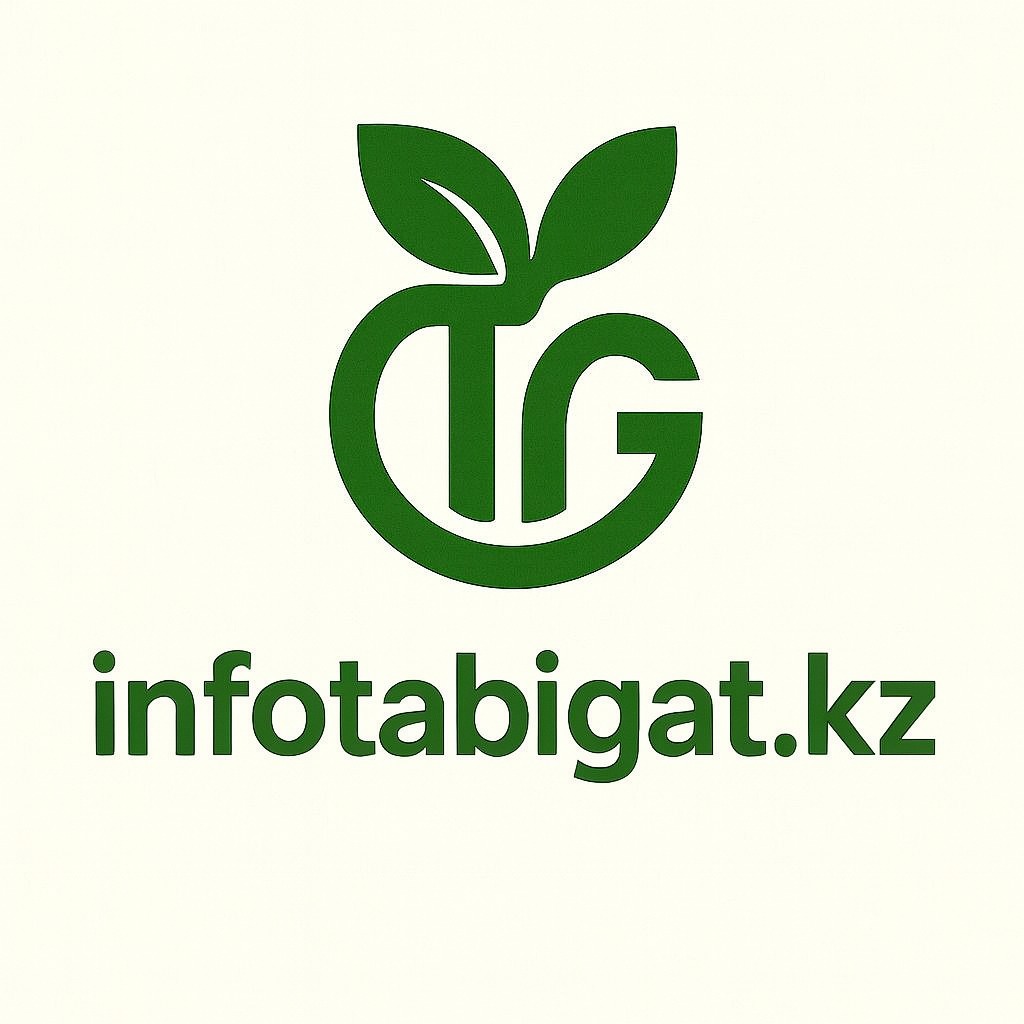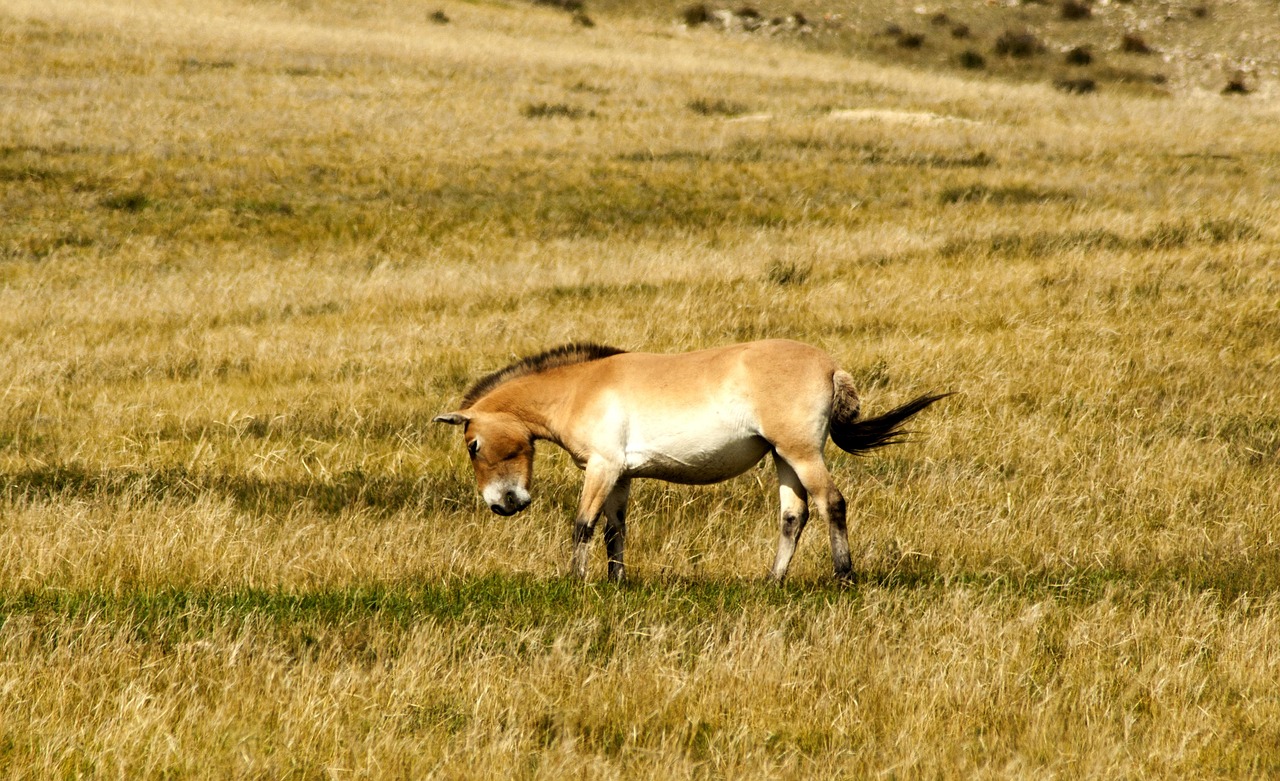A new group of Przewalski’s horses, the world’s last truly wild horses, has arrived in Kazakhstan. According to the Ministry of Ecology and Natural Resources, seven animals were transported from Prague Zoo and Hungary’s Hortobágy National Park as part of the “Return of the Wild Horses” project.
Two military planes took off from the Czech Republic and Hungary on June 2 and landed early the next morning at Arkalyk airport. After a nearly 24-hour journey, the horses were transported another five hours to the reintroduction center at the Altyn Dala State Nature Reserve. There, they will spend a year under expert supervision before being released into the wild.

The reintroduction project began in 2024, when the first group of seven horses arrived at Altyn Dala. Over the past year, they adapted well to the conditions of the Turgai steppe, endured freezing winter temperatures as low as -30°C, and passed all necessary veterinary checks. Two mares, Umbra and Vespa, were fitted with GPS collars to monitor the group’s movements after release.
“As the national authority responsible for biodiversity conservation, we are proud to lead this important stage in restoring our natural heritage,” said Daniyar Turganbayev, Chair of the Forestry and Wildlife Committee. “It’s encouraging to see the first group adapt successfully and the second arrive safely, ready to continue the rewilding process under state protection at Altyn Dala.”
According to Prague Zoo Director Miroslav Bobek, the transport was organized in cooperation with the Czech Army and European zoos. The ultimate goal is to establish a stable, genetically diverse population of wild horses in central Kazakhstan.
Known in Kazakh as kertagy or kerkulan, the Przewalski’s horse is the only remaining species of truly wild horse. It went extinct in the wild by the mid-20th century, and all living individuals descend from animals preserved in zoos. Kazakhstan, with its vast open landscapes, was chosen as an ideal habitat for reintroduction.
By 2029, around 40–45 horses are expected to be brought to Kazakhstan, a sufficient number to establish a reproducing population. Located in southern Kostanay Region, the Altyn Dala Reserve offers rich grazing lands, fresh water sources, and a protected environment.
Ongoing monitoring and protection of the horses will be provided by reserve rangers and specialists from ACBK (Association for the Conservation of Biodiversity of Kazakhstan). ACBK Executive Director Vera Voronova emphasized that the successful adaptation of the first group marks a significant step toward restoring the region’s historical steppe ecosystem.
Large grazers like the Przewalski’s horse play a vital role in maintaining ecological balance: they manage vegetation, help spread nutrients, reduce wildfire risk, and support food chains for other wildlife. Their return is not just a conservation milestone, it’s a key contribution to restoring nature’s equilibrium across Central Kazakhstan’s vast steppes.

